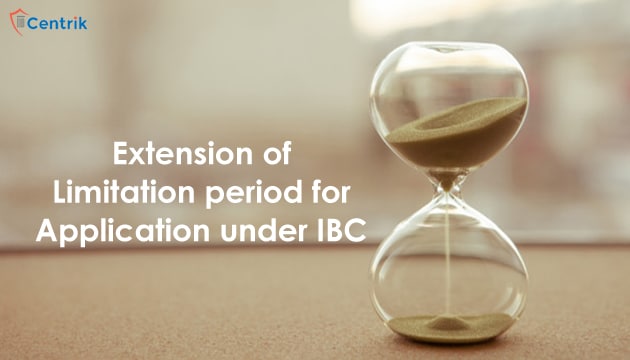
STATUS AS ON 25/04/2019
As per basic principle, An insolvency application under Insolvency and Bankruptcy Code, 2016 (IBC) can be filed before NCLT only if the two under following essentials are fulfilled:-
- Accrual of Debt i.e. a liability or obligation in respect of a claim which is due from any person and includes a financial debt and operational debt.
- Arousal of Default i.e. non-payment of debt when whole or any part or installment of the amount of debt has become due and payable and is not repaid by the debtor or the corporate debtor
Once the above-mentioned two essentials are established and the amount of default exceeds the threshold limit, then any creditor (financial or operational) can approach National Company Law Tribunal (NCLT) under IBC.
The Insolvency Application can be filed when the debt accrues and default occurs. The debt becomes accrued only when the corporate debtor becomes liable to make the payment and default arise when the corporate debtor fails to clear the dues payable to the creditor.
Applicability of Limitation Act
Even if the debt accrues and default occurs, the creditor does not get entitled to file the petition under IBC. Only those defaults which are not barred under limitation act can be filed under IBC.
The right to sue accrues when the default has occurred and the default should have occurred not beyond the timeline of 3 years or other as mentioned in the Limitation Act, from the filing of the application. The same has been held by Hon’ble Supreme Court in B.K. Educational Services vs. Parag Gupta & Associates.
Effects of Limitation Act
Before approaching the NCLT, every creditor had to look whether the default falls under the limitation time or not, but there are some exception to it.
Exceptions to Limitation act:-
Applicability of limitation act does not bar each and every debt and default which occurred prior to the filing of an application under IBC. The limitation period get renewed at multiple occasions.
Even if the default accrued prior to the limitation period of the filing of the application, it does not mean the same period cannot be extended. If there is an admission of default by the corporate debtor after the time period beyond the limitation period or three years more precisely, then the limitation period gets extended and the creditor can approach NCLT by justifying such extension of the time period.
The same law has been held by NCLT, Mumbai In TJSB Sahakari Bank Ltd. (applicant bank) vs. Unimetal Castings, Ltd. (Corporate debtor) wherein the amount due to the applicant was reflected as long term loan in the balance sheet of the corporate debtor. As per the NCLT, the entry reflecting the amount owed to the applicant as long term loan extended the limitation period applicable. Therefore, the time period of limitation shall be counted from the day of admission of debt.
CONCLUSION
Although limitation act is applicable on the Insolvency and Bankruptcy Code, 2016 according to which if the creditor fails to take the action within the limitation period of accrual of default by the corporate debtor then the corporate debtor cannot approach NCLT under IBC but the same can be extended.
The time period of limitation can be extended by various modes, one of them is mere admission of debt. If the corporate debtor admits the debt on some later day then the time period of limitation shall be counted from that day and not from the day when default actually occurred.
Disclaimer – Please note that the above view is based on personal interpretation and for general awareness. The readers are required to take opinion from the Top IBC professionals or Insolvency Professionals before relying on the article. For any clarifications, please write to us at ibc@centrik.in




 join For Updates
join For Updates